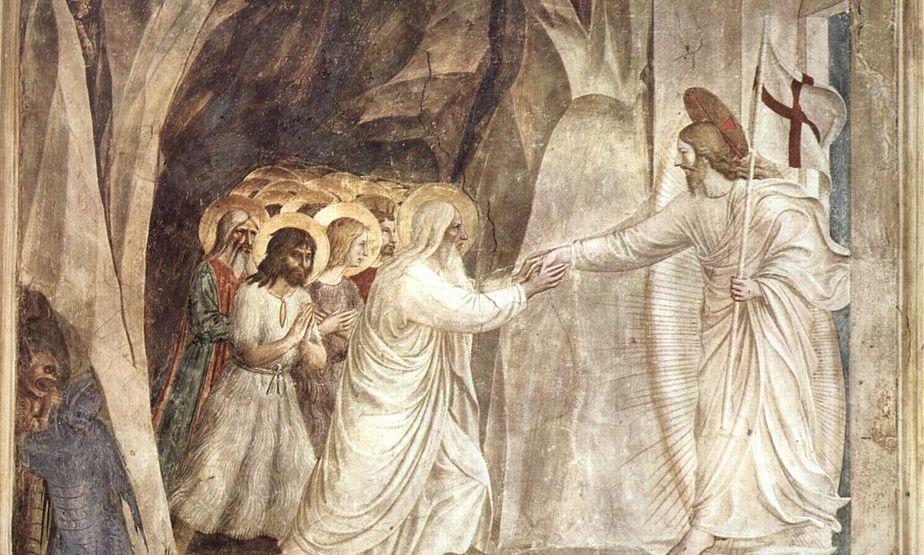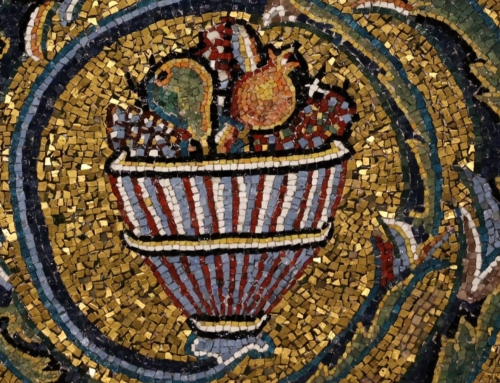Every November, Holy Mother Church urges her members to become devout kleptomaniacs. Holy kleptomania may seem like an odd virtue to promote, but I would like to suggest that applying this concept with regards to the holy souls in purgatory can be a fruitful way to grow in friendship with our departed brothers and sisters.
Souls in purgatory are in such a state that they can, in a sense, be stolen for heaven. As the Catechism of the Catholic Church reminds us, “death puts an end to human life as the time open to either accepting or rejecting divine grace manifested in Christ.” What is more, souls who die in “God’s grace and friendship,” yet are still “imperfectly purified,” can be forgiven in “an age to come” (CCC 1030–1031), namely in a state of purification before entering the blessedness of heaven (Matt 12:31).
It is by the recommendation of Holy Scripture that the Church prays for these souls. Judas Maccabeus “made atonement for the dead, that they might be delivered from their sin” (2 Macc 12:46), and the author of Revelation notes that “nothing unclean shall enter” the Kingdom of Heaven “but only those who are written in the Lamb’s book of life” (Rev 21:27). Yet it is not only Scripture that extends this solemn responsibility to the Church, since the early fathers of the Church do so as well. Speaking about the dead, Saint John Chrysostom says, “let us help and commemorate them. If Job’s sons were purified by their father’s sacrifice, why would we doubt that our offerings for the dead bring them some consolation?” God uses our prayers and sacrifices offered in union with Christ’s sacrifice on the Cross to bring about some of the deepest designs of his heart, namely the salvation of souls and the renewal of his creation in Christ, the Eternal Word of the Father.
The great saints of the Church have heeded this call in a variety of ways, yet one example in the life of Saint Juan Macias highlights the sacred responsibility that the living members of the Church have in praying for the dead. Saint Juan Macias, a cooperator brother of the Order of Preachers who lived in Lima, Peru, during the sixteenth century, loved the rosary and had a special devotion of praying for the Holy Souls in purgatory. Such was his love for the rosary and the Holy Souls that he was described as the “thief of purgatory.”
Saint Juan Macias, in his response to the dual commandment of charity to love God and neighbor above all else, became a holy kleptomaniac for souls, as he zealously stole them from the purifying fires of purgatory and delivered them unto the blessed light of heaven. The charity which God inflamed in the heart of St. Juan Macias was one that recognized the profound importance of prayer within the providence of God.
Becoming a holy kleptomaniac, like St. Juan Macias, stretches the heart in mercy to those Holy Souls who long to behold their beloved Creator and Redeemer. It is a sacred and heroic task fueled by God’s grace that when done with devotion and love merits stolen treasures worth far more than any thief deserves.
✠
Image: Fra Angelico, Christ in Limbo







